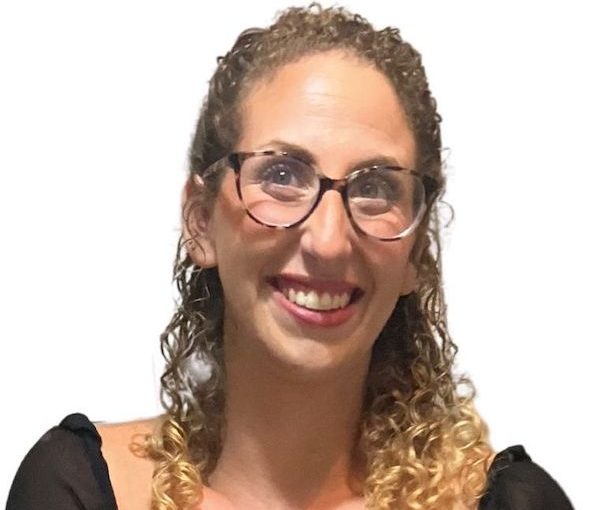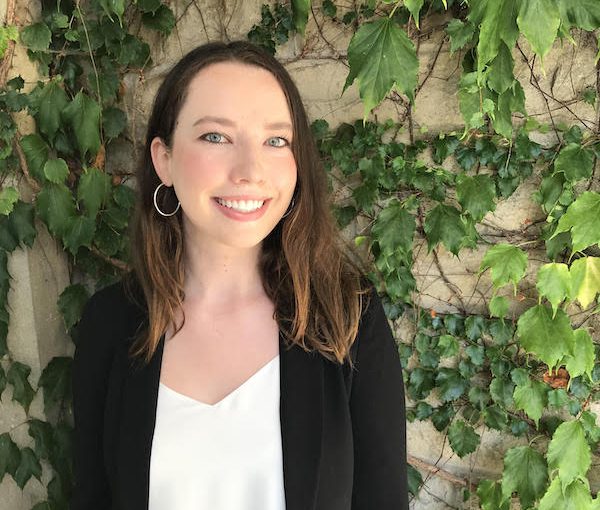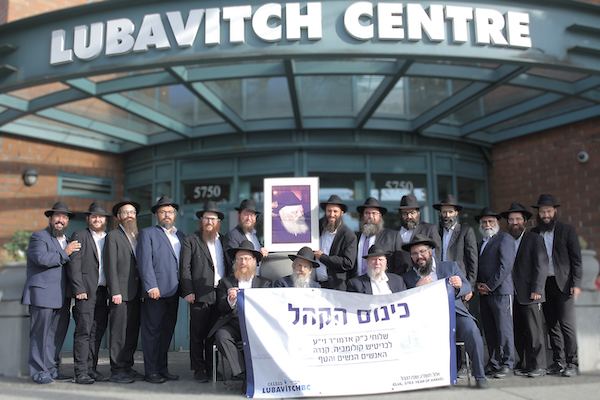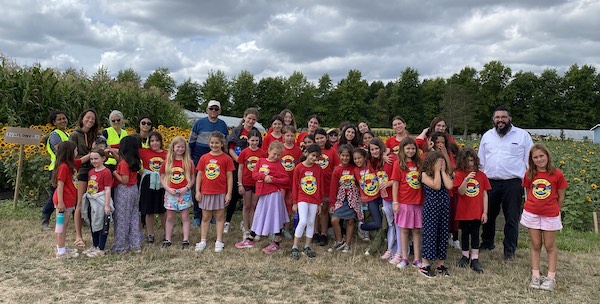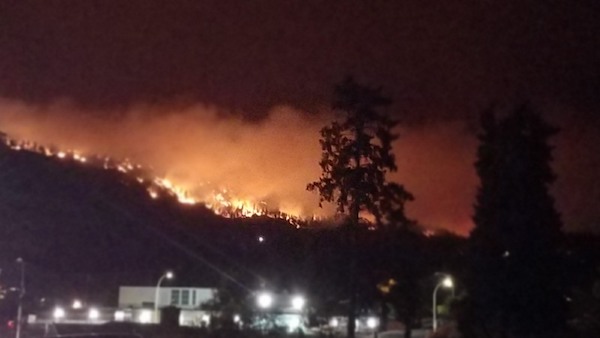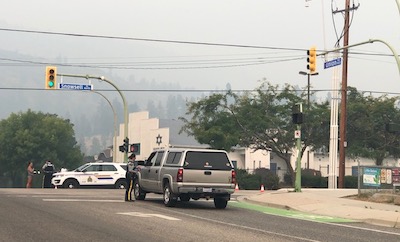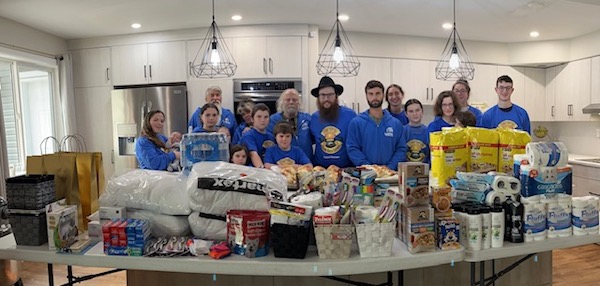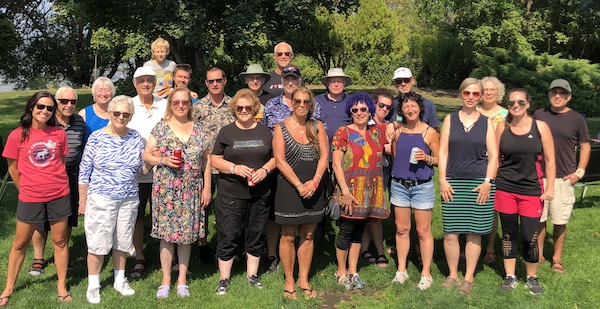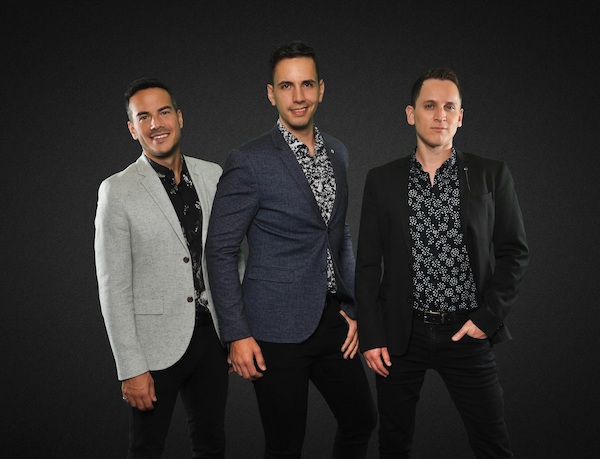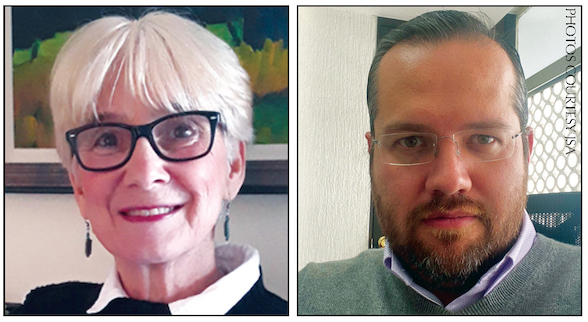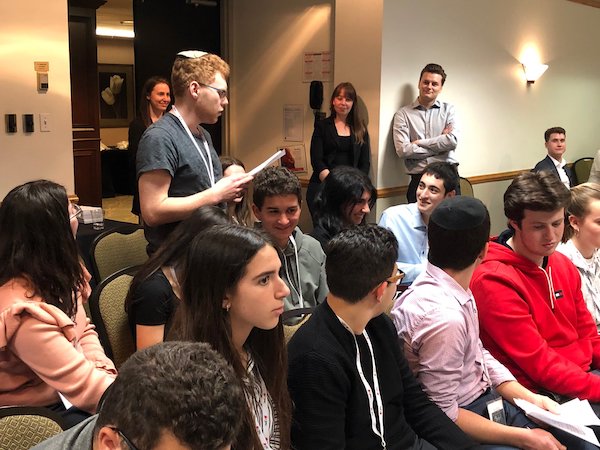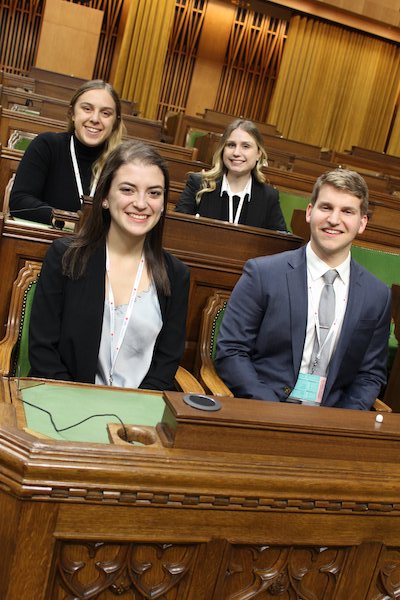Hosted by Chabad Richmond, Aleeza Ben Shalom, star of the Netflix series Jewish Matchmaking, will take centre stage in-person for a one-night-only event on Nov. 27 at the River Rock Show Theatre. (photo from Chabad Richmond)
Remember the famous song from Fiddler on the Roof: “Matchmaker, matchmaker, make me a match, find me a find, catch me a catch”? Well, fast forward a century, and things haven’t really changed that much. Jewish singles are still searching for their bashert, except they’re getting tired of swiping right or left to find their soulmate, so they’re turning to the ages-old tradition of matchmaking. Enter the world’s most famous Jewish matchmaker – Aleeza Ben Shalom.
Hosted by Chabad Richmond, Ben Shalom, star of the Netflix series Jewish Matchmaking, will take centre stage in-person for a one-night-only event on Nov. 27 at the River Rock Show Theatre.
Attendees will get an exclusive behind-the-scenes look at this hit TV reality show (signed for another year), discover secrets to successful relationships, and explore the intricate art of finding the perfect match. Ben Shalom – a self-described “marriage-minded mentor,” matchmaker and dating coach – will share her passion and insights into love, relationships and the basic Jewish values that inspire her to transform Jewish singles into Jewish couples.
“The time-honoured tradition of matchmaking, going back to the beginning of our people, has been central to bringing together Jewish couples and building Jewish homes. Focusing on core values that guide Jewish life, matchmaking ensures the continuity of our people for generations to come,” said Rabbi Yechiel Baitelman, director of Chabad Richmond. “In a world where everyone has spent the last three years getting very comfortable in isolation, the hurdles and opportunities for people to connect have been challenging. Never have I had so many people of all ages reach out to me asking me to make a match!”
Baitelman joked that matchmaking wasn’t covered in rabbinical school, but he views matchmaking as an emerging growth area in our community.
Ben Shalom, who has ushered at least 200 couples to the chuppah (wedding canopy) during her 15 years as a matchmaker, guides individuals of all ages on their quest for love and companionship. With her unique blend of warmth, humour and wisdom, she is committed to the matchmaking process. She adapts the model of formal Orthodox matchmaking (known as “shidduch dating”) to Jewish singles from all religious backgrounds, including secular, Reform, Conservative and Orthodox, from across Israel, Australia, the United Kingdom, the United States and Canada. She’s out to show the world that Jewish matchmaking is not some antiquated practice, but rather a relevant and successful process for lots of singles. She admits that it’s no easy task, but believes it’s worth the effort.
Born and raised in suburban Philadelphia in a secular Jewish home, Ben Shalom has been happily living in an Orthodox Jewish marriage for more than 20 years. She and her husband, Gershon, moved to Israel in 2021. They have five children and Ben Shalom entered the world of matchmaking in her 20s, when she was looking for a job that would give her a flexible schedule around childcare.
Tickets to hear Ben Shalom are $54 for general seating and $90 for preferred seating. Also, consider a VIP sponsorship opportunity at chai ($1,800), double chai ($3,600), triple chai ($5,400), $10,000 or $18,000. This inNludes a personal meet and greet with Ben Shalom over cocktails, forshpeis (appetizers) and conversation.
For more information, call 604-277-6427. Register for this exclusive event at chabadrichmond.com/matchmaker.
– Courtesy Chabad Richmond


